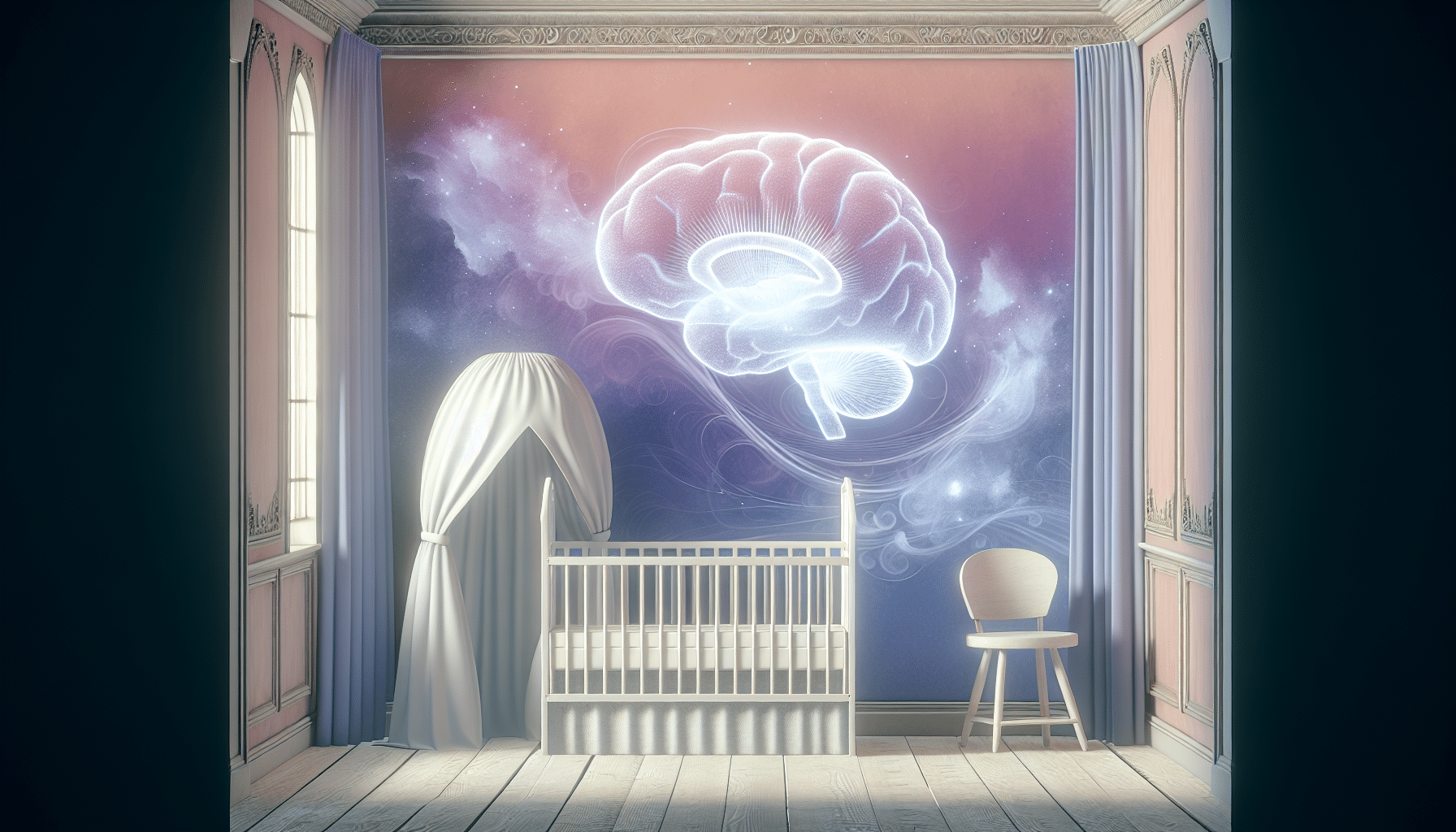The Impact of Insomnia on Health
Long-term Mental and Physical Health Consequences
Insomnia, characterized by persistent difficulty in falling or staying asleep, can have profound effects on both mental and physical health. Chronic sleep deprivation has been linked to a range of health issues, including weakened immune systems, weight gain, depression, and an increased risk of developing dementia. The lack of restorative sleep impairs the body’s ability to repair and rejuvenate, leading to long-term health consequences. The mental health implications are equally significant, as insomnia can exacerbate conditions such as anxiety and depression, creating a vicious cycle that further disrupts sleep.
Increased Risk of Neurodevelopmental Disorders
Beyond the immediate health impacts, insomnia has been associated with an increased risk of neurodevelopmental disorders. Sleep is crucial for brain development, particularly in early life when the brain is forming synapses, the connections between neurons that are essential for learning, memory, and overall cognitive function. Disruption of sleep during this critical period can have lasting effects on brain structure and function, potentially increasing the risk of disorders such as autism spectrum disorder (ASD), attention-deficit hyperactivity disorder (ADHD), and intellectual disabilities. Understanding the link between sleep and neurodevelopmental disorders is vital for developing early interventions and treatment strategies.
Insomnia and Brain Development in Early Life
Role of Sleep in Synapse Formation and Brain Function
Sleep plays a pivotal role in synapse formation and overall brain function, especially during early life. As infants, our brains are rapidly developing, and sleep facilitates the formation of synapses, which are crucial for cognitive processes such as learning, attention, and memory. This synaptic development is foundational for brain functions that persist throughout life. Disruptions in sleep during this formative period can hinder synaptic development, leading to potential cognitive and behavioral issues later in life. Ensuring adequate sleep during early childhood is essential for healthy brain development and function.
Effects of Sleep Disruption on Autism Spectrum Disorder (ASD) Risk
Recent research has highlighted the potential impact of sleep disruption on the risk of developing autism spectrum disorder (ASD). Sleep issues are common in individuals with ASD, with over 80% experiencing some form of sleep disruption. However, it remains unclear whether sleep disruption is a cause or consequence of ASD. Studies suggest that sleep loss during critical periods of brain development may interact with genetic predispositions to increase the risk of ASD. Understanding these interactions is crucial for early diagnosis and the development of targeted interventions that could mitigate the risk or severity of ASD by addressing sleep-related issues.
Research Insights on Insomnia and Autism
Findings from Sean Gay’s Study on Sleep Loss and ASD
Recent studies have delved deeper into the connection between sleep loss and autism spectrum disorder (ASD), shedding light on how early sleep disruption can affect brain development. Sean Gay, a graduate student at the UNC School of Medicine, led a groundbreaking study that explored this link. The research revealed that sleep loss during critical developmental periods could have significant implications for individuals with a genetic predisposition to ASD. By examining mouse models, the study demonstrated that sleep disruption in early life stages led to long-lasting deficits in social behavior, particularly in those genetically vulnerable to ASD. These findings underscore the importance of understanding sleep’s role in neurodevelopment and its potential impact on ASD risk.
Sleep Disruption’s Interaction with Genetic Risk for ASD
The interaction between sleep disruption and genetic risk factors for ASD is a complex area of study. Gay’s research highlights how sleep loss can exacerbate underlying genetic vulnerabilities, potentially increasing the likelihood of developing ASD. This interaction suggests that sleep issues may not only be a symptom of ASD but could also play a role in its onset. By identifying these interactions, researchers hope to develop early interventions that target sleep-related issues, potentially reducing the severity or even preventing the onset of ASD in at-risk individuals. Understanding these dynamics is crucial for creating effective treatment strategies and improving outcomes for those affected by ASD.
Understanding Sleep Rebound and Synapse Effects
Differences in Sleep Rebound between Adults and Young Mice
The concept of sleep rebound, where the body compensates for lost sleep by increasing sleep duration later, varies significantly between adults and young individuals. Research using mouse models has shown that adult mice exhibit a strong sleep rebound effect, allowing them to recover from sleep deprivation. In contrast, young mice lack this compensatory mechanism, making them more susceptible to the negative effects of sleep loss. This difference highlights the vulnerability of developing brains to sleep disruption and emphasizes the need for ensuring adequate sleep during early life stages to support healthy brain development.
Impact of Insomnia on Synapse Formation and Memory Tasks
Insomnia and sleep deprivation can have profound effects on synapse formation, which is crucial for memory and learning. Studies have shown that sleep loss in young mice significantly impairs synapse formation, affecting their ability to perform memory tasks. This impairment is less pronounced in adults, who are more resilient to the effects of sleep deprivation. The findings suggest that adequate sleep is essential for synaptic health and cognitive function, particularly during developmental periods. By understanding the molecular changes that occur with sleep loss, researchers aim to develop interventions that can mitigate these effects and support cognitive development. For more insights on sleep and its impact on health, check out our Insomnia Blog and explore our Sleep Sound Playlists to help improve your sleep quality.
Sources:https://www.sciencedaily.com/releases/2024/10/241023171557.htm



